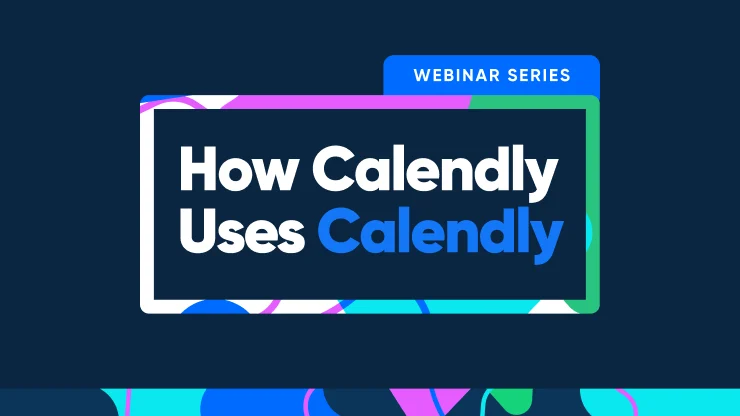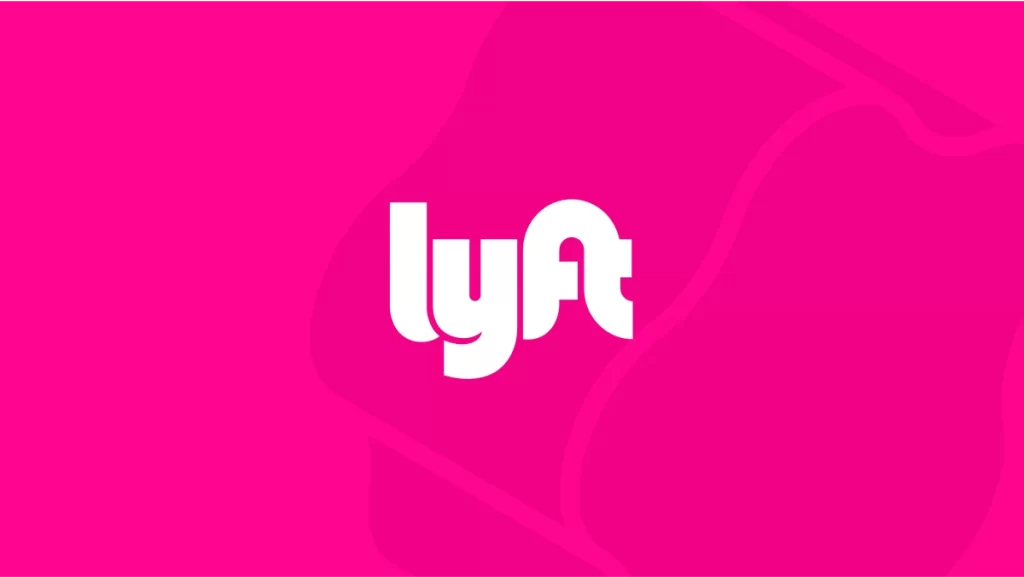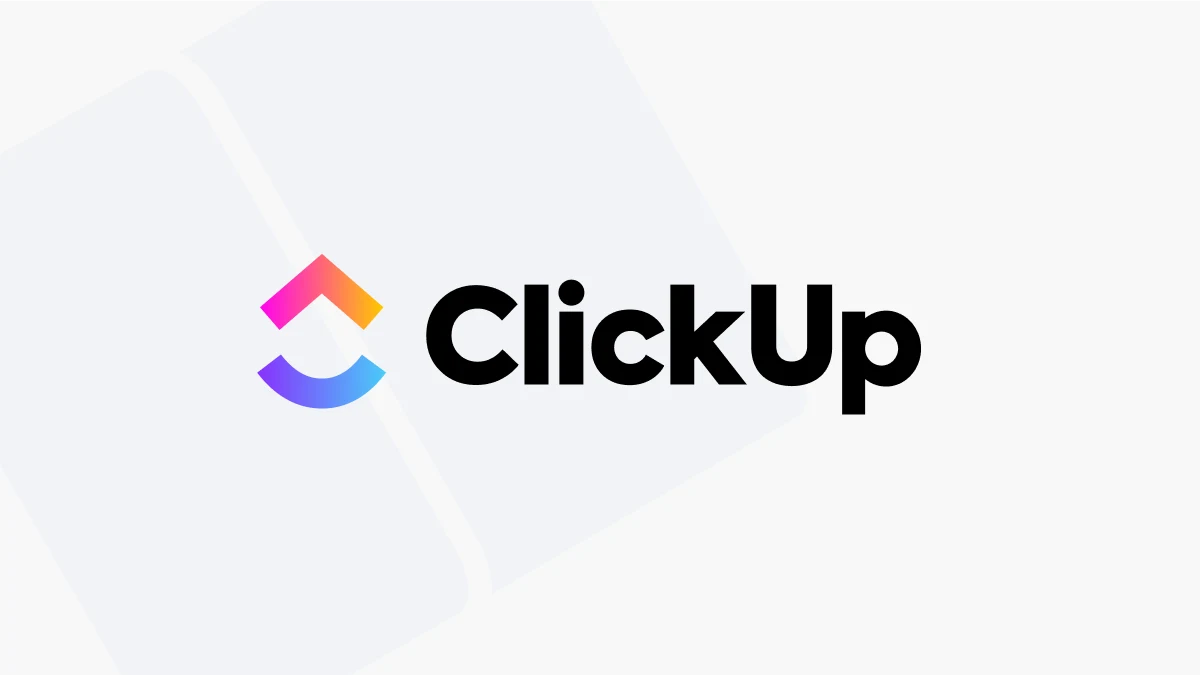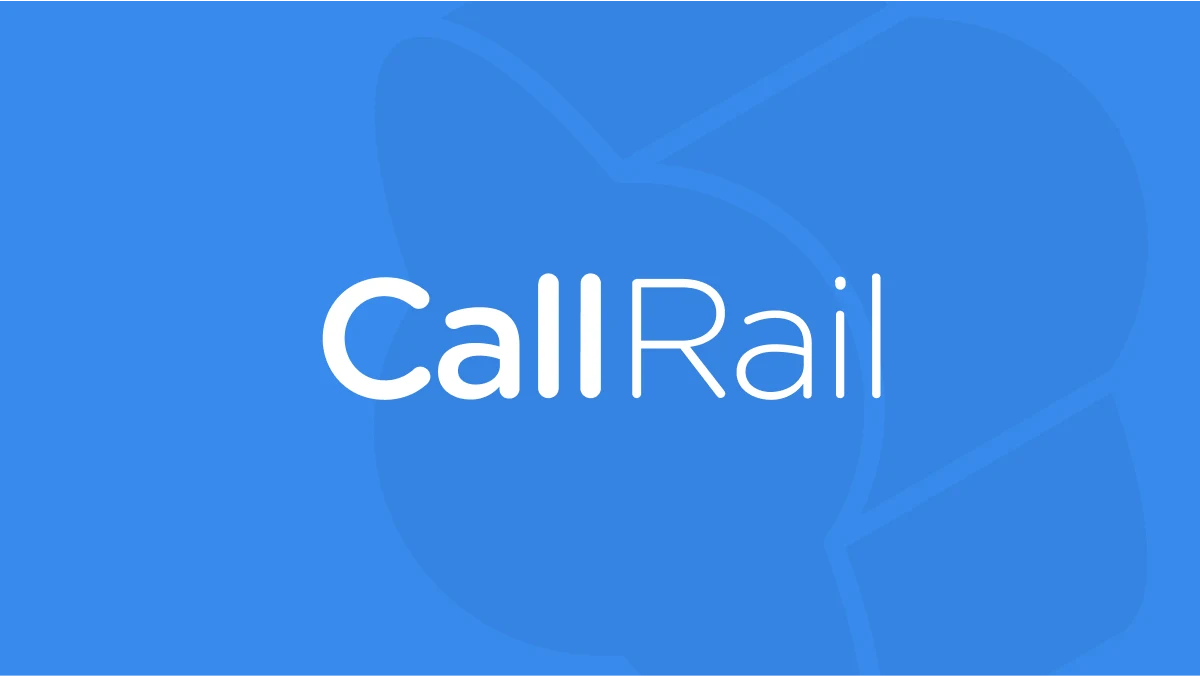Lyft’s small-business solutions (SBS) program partners with companies to support their business transportation needs. But the program proved so popular that Lyft struggled to find an efficient way to sort through all their inbound leads.
The challenge
Making the most of inbound traffic
Alexia Flores heads up Lyft’s SBS program. Already recognized as a leading ride-hailing service for individuals, her team partners Lyft with companiesthat have business transportation needsfor their employees, clients or patients. It didn’t take long to figure out there was a demand for this new B2B service. Within days of the SBS program’s launch, Lyft was having trouble juggling all the inbound leads.
Prospects reach out to Lyft through their website, and account specialists used to engage with them from the start. They picked up the query, assessed the potential partners’ qualifications and then moved on to scheduling meetings. But those methods led to unnecessary delays. As a single specialist tried to guide partners through the whole process, converting queries into customers could often get complicated.
Missed form requests, slow responses, and tedious back-and-forth by email risked slowing and sidetracking sales. With little time left to prepare for the meetings themselves, sales specialists missed opportunities to forge new partnerships. Delays cooled hot leads and dulled customer enthusiasm. As the team juggled thousands of accounts each week, efficient and effective processes for scheduling sales meetingsbecame even more critical.
The solution
Seamless handoffs to the sales team
To scale up, Lyft knew they had to cut the time it took to sort inbound requests. Alexia knows improved conversion rates depend on moving partners further down the sales funnel faster. So Lyft set out to restructure and boost customer service capacity.
They hired sales-development reps (SDRs) to sort initial queries and qualify potential leads. Then they put the whole team on Calendly, and had their revamped system up and running in less than a day. Today, SDRs screen new prospects and the qualified leads schedule 15- or 30-minute meetings with specialists. They answer a few basic questions on the Calendly page, and handy integration features push those answers through to the specialists’ Salesforce CRM.“We are able to take more meetings, that’s for sure,” Alexia says. “The specialists know exactly who they are talking to and are able to see all the information for that prospect before the call.”Now that the Lyft sales team has streamlined its scheduling, SDRs can seamlessly hand off qualified leads making specialists better-prepared for meetings and more able to engage with those leads at times of peak interest. In other words, they can stay focused on closing deals.
The results
Less managing, more customer engagement
The benefits of this simplified buyer experience were immediately apparent. The combination of Calendly and Lyft’s new sales structure allows the SDS sales team to maximize output. Automated handoff means less time managing emails and more time engaging the most promising leads.
“Calendly is essential for my team. It would’ve been difficult to launch this program without it.”
Alexia Flores
SBS Program Lead at Lyft
Specialists take an average of 18 calls each day, and they are onboarding twice the customers they did before trying Calendly. Alexia tracks conversions and show rates, and she uses Calendly to optimize the SBS team’s processes continuously. She can pilot new workflows and reassign resources inside Calendly in a matter of seconds. With a few clicks, she can change which customer pairs with which onboarding specialist — all without disrupting that specialist’s day.





